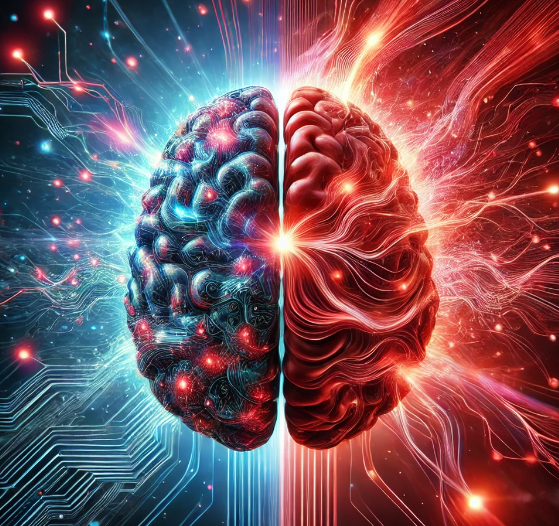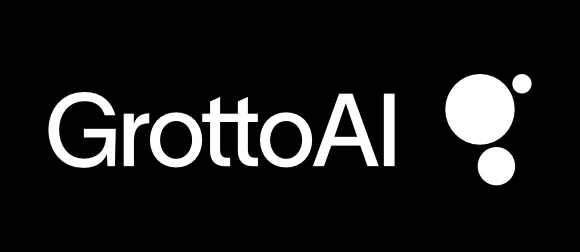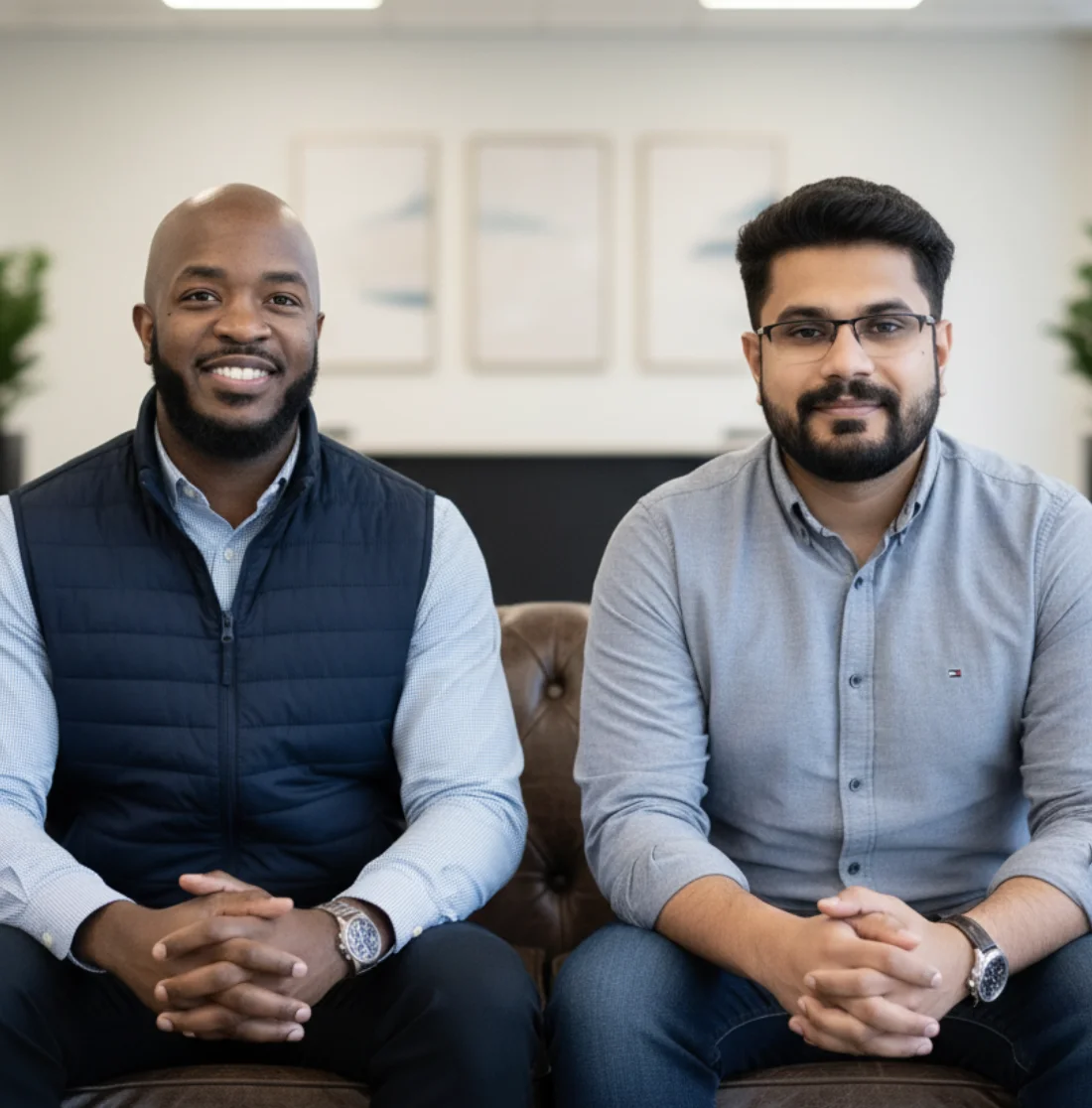In her TEDxKC talk, neuroscientist Dr. Heather Berlin confronted one of the most provocative questions of our age: what would a conscious AI look like? Her conclusion is strikingly definitive: in its current form, AI may mimic what humans do, but it will never be what humans are. Berlin explores the profound implications of this distinction and the potential for humanity’s future as it merges with technology.
“AI doesn’t have experiences,” Berlin stated, framing her argument. “It’s not aware of itself like we are. It’s not conscious. Or is it?” This paradox underscores the crux of her talk: while AI’s abilities are accelerating at an astonishing rate, its essence remains fundamentally distinct from human consciousness.
Berlin stressed that consciousness, often defined as first-person subjective experience, is rooted in the neural networks of the brain.
“Subjectivity isn’t rooted in function like speaking, but in physical matter with enormous intrinsic causal power,” she explained. For all its computational might, AI lacks the material complexity and causal structure to generate genuine awareness, a gap that no simulation can bridge.
AI’s rapid advancements, however, raise critical ethical and existential questions. Berlin warned that even as we attribute consciousness to AI based on its outputs, this perception could be misleading.
“AI systems can irresistibly seduce our intuitions into believing that they’re conscious,” she cautioned. This illusion of awareness could complicate how society interacts with AI, potentially leading to moral quandaries over its treatment and usage.
Berlin also delved into the potential for humans to merge with AI through brain-computer interfaces.
“I can imagine a future where humans merge with AI via brain-computer interfaces that allow us to augment ourselves and even evolve into a new species,” she suggested. This integration, while revolutionary, raises questions about identity and humanity. “Is there some point along the way when you’re no longer you or no longer conscious?” Berlin asked, posing a challenge to the notion of self.
Despite these complexities, Berlin urged humanity to use AI as a tool to enhance, not replace, human abilities.
“AI may finally enable us to shift our balance from doing to being,” she proposed, envisioning a future where technology complements rather than competes with human strengths. From fostering creativity to improving mindfulness, Berlin believes AI could free humans to focus on what makes them uniquely human.
In closing, Berlin called for a careful alignment of AI with human values, urging a thoughtful approach to its development.
“We have the power to align AI with our values to ensure that it enhances our collective well-being,” she remarked. Her talk served as both a cautionary tale and a call to action, reminding us that while AI may excel at doing, it will never embody the essence of being human.






